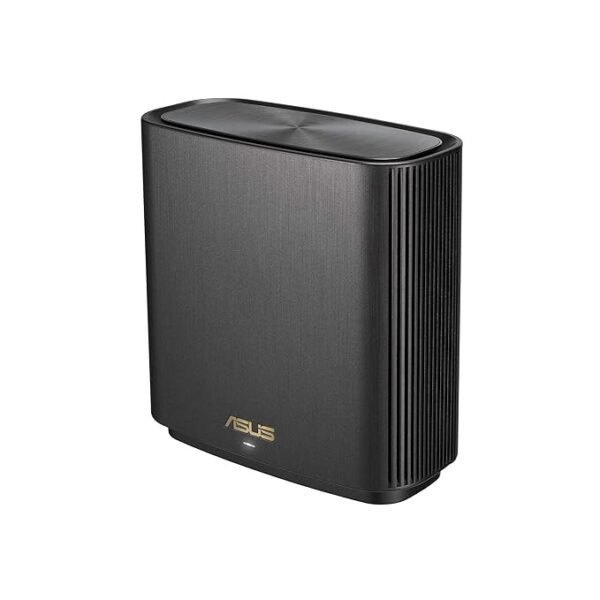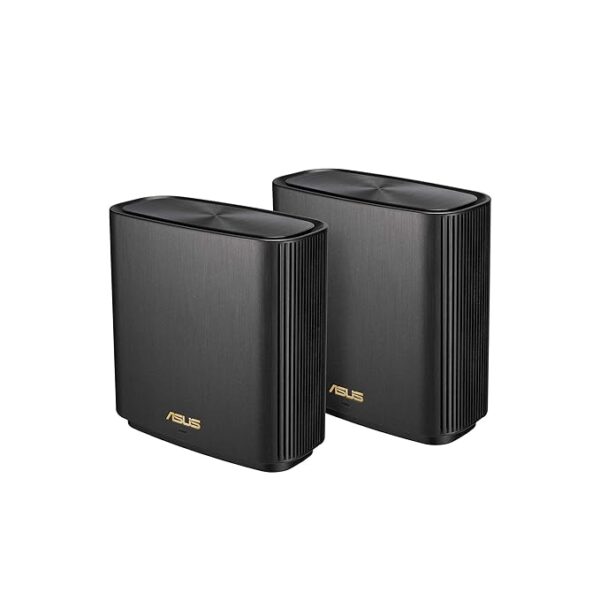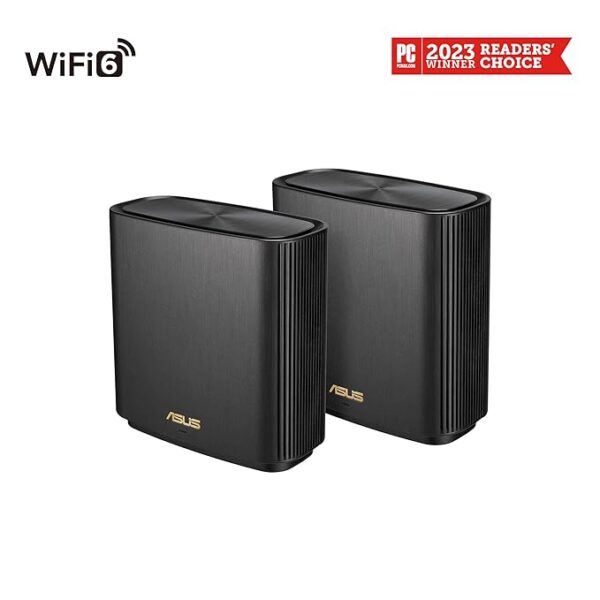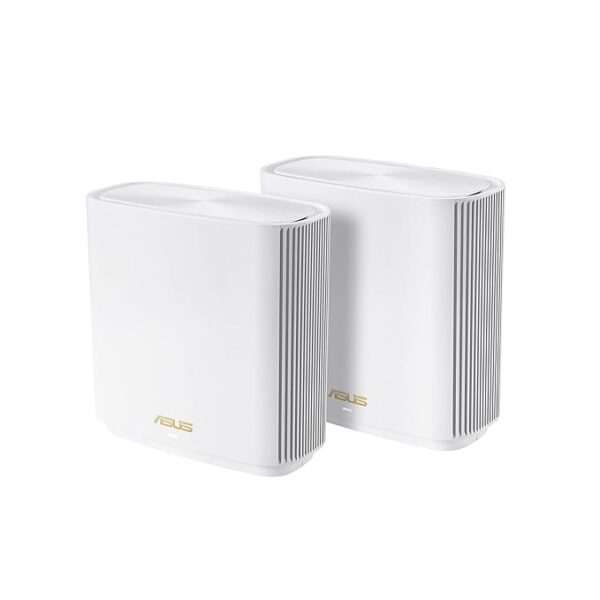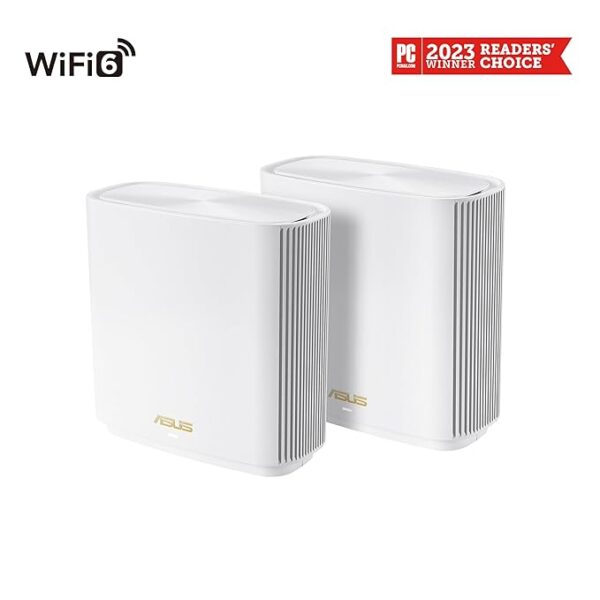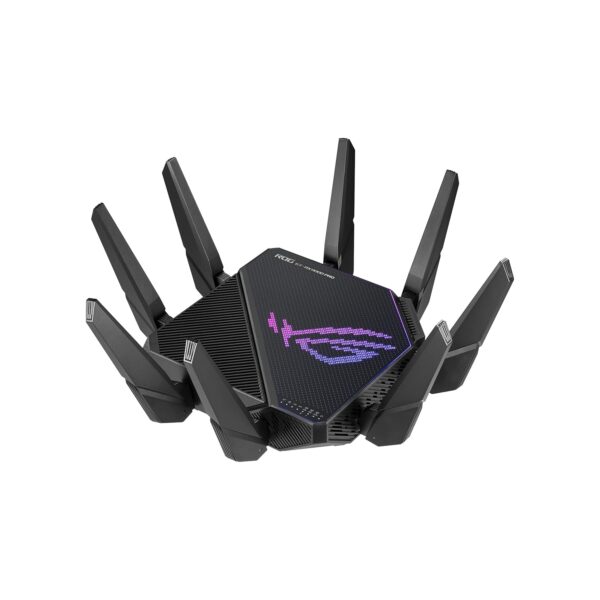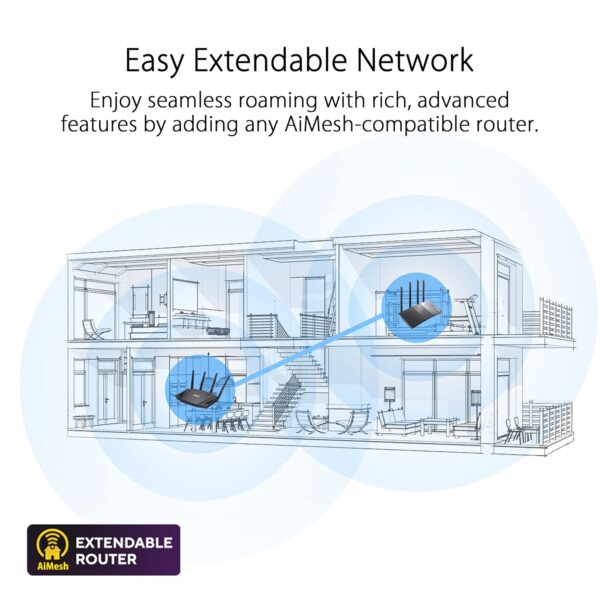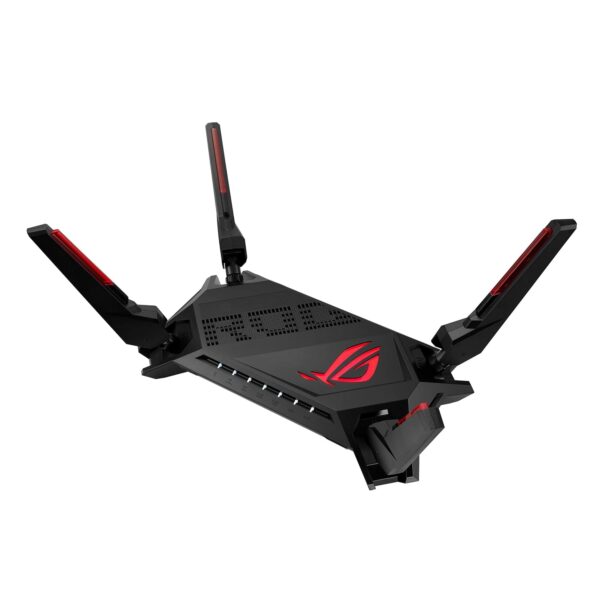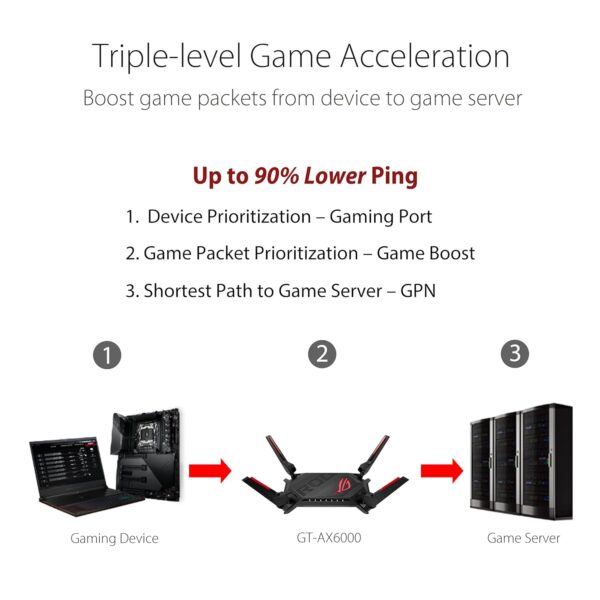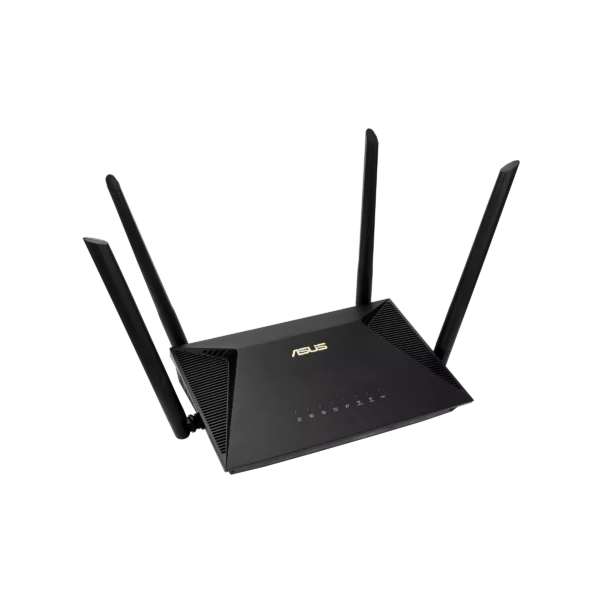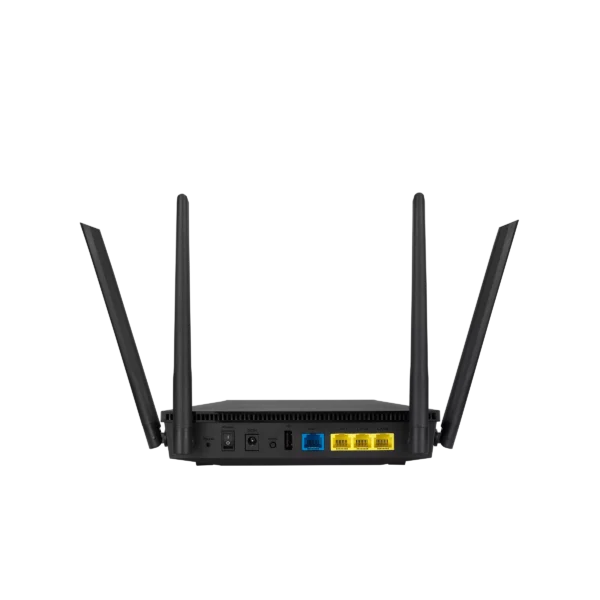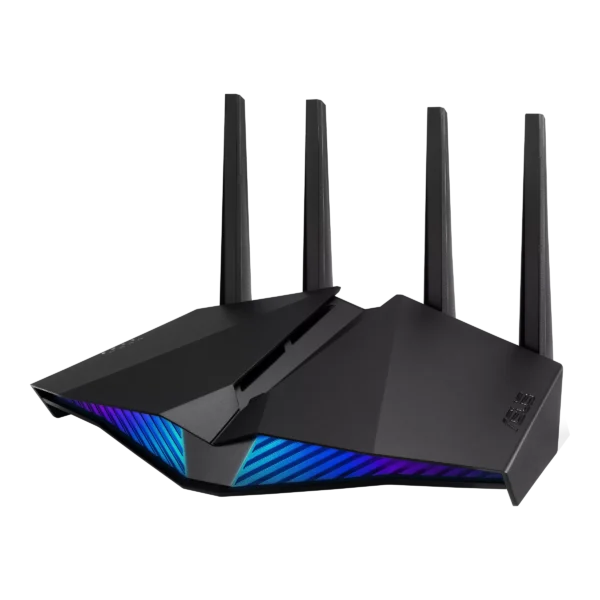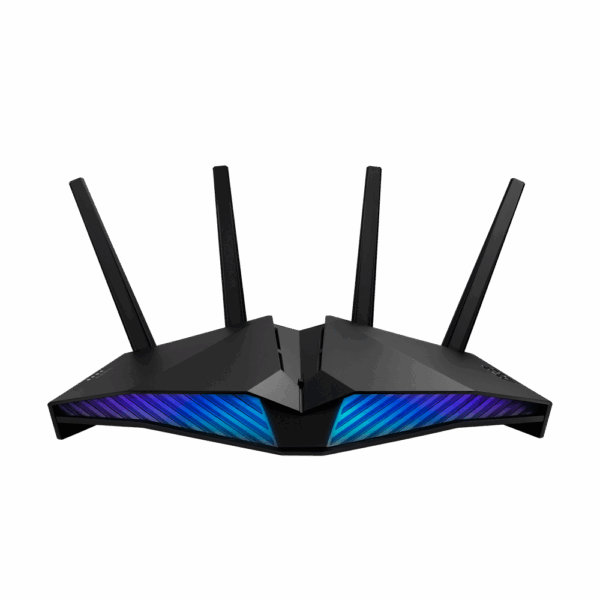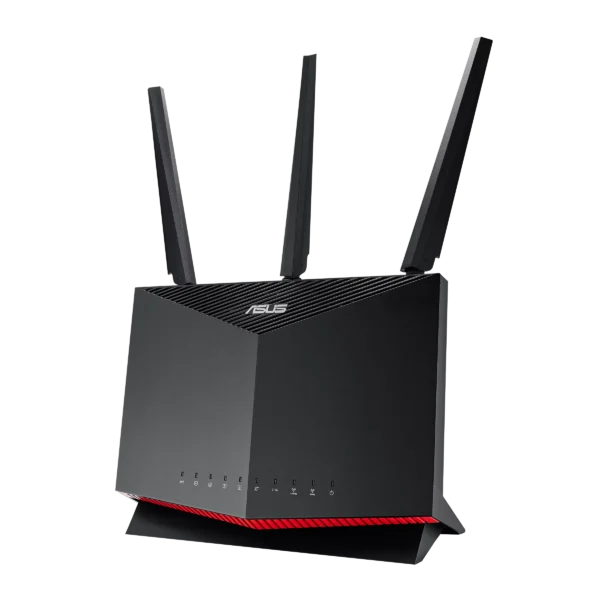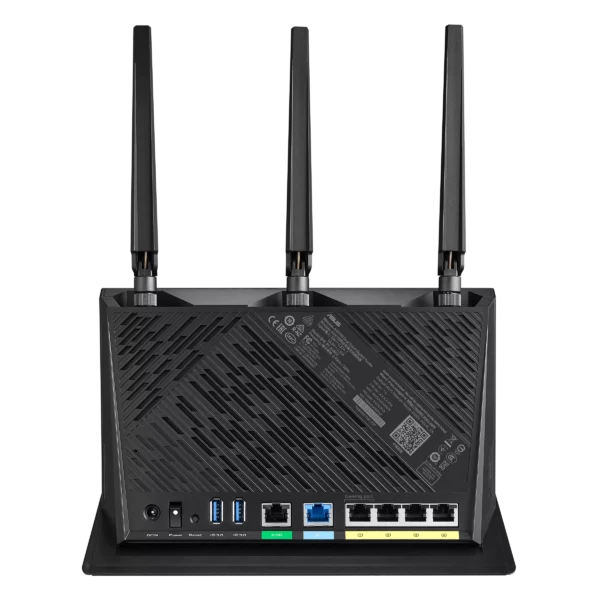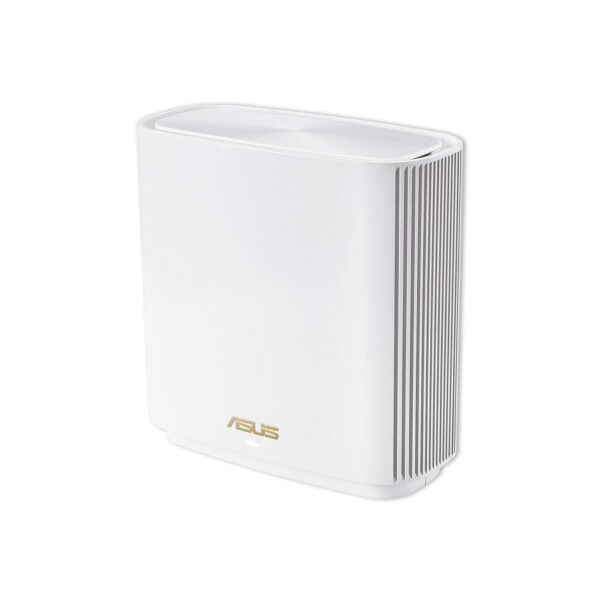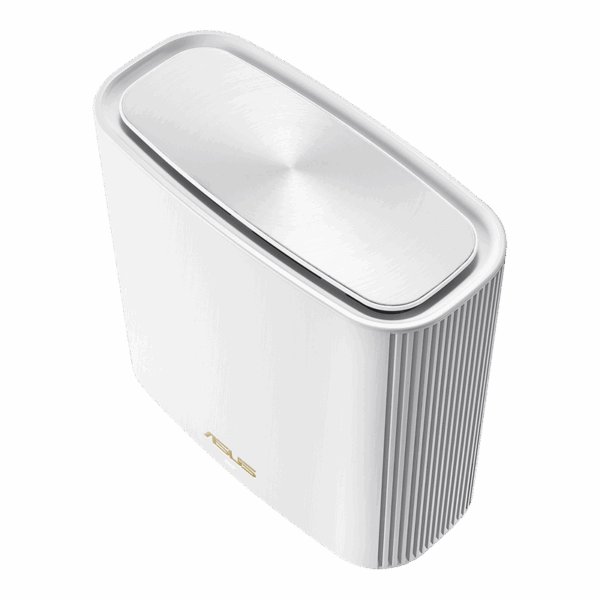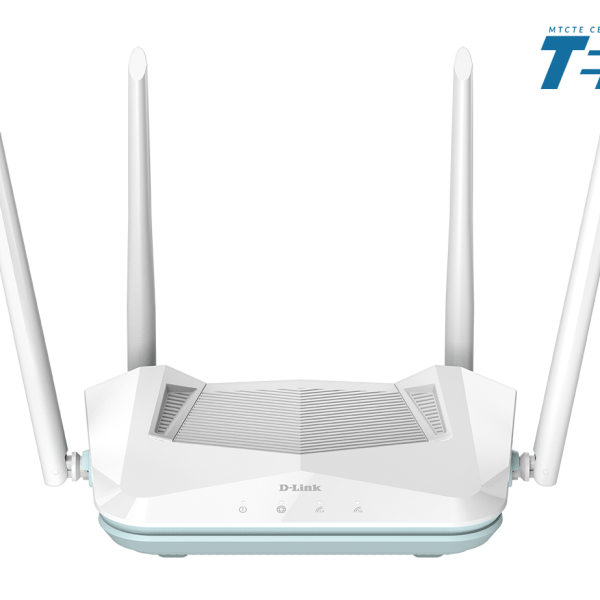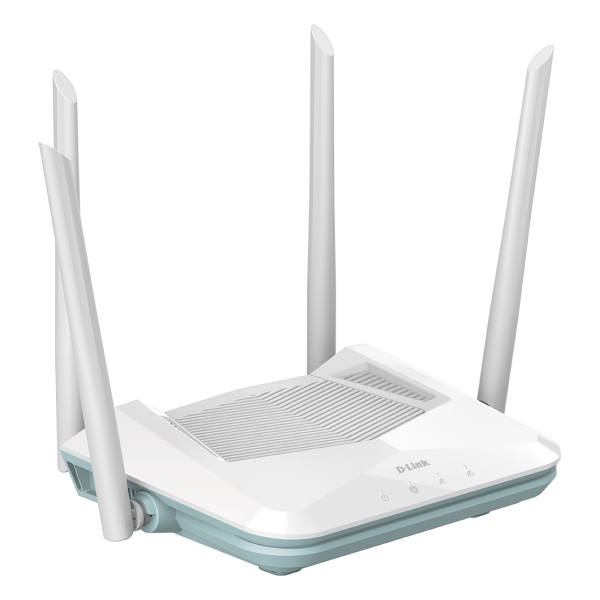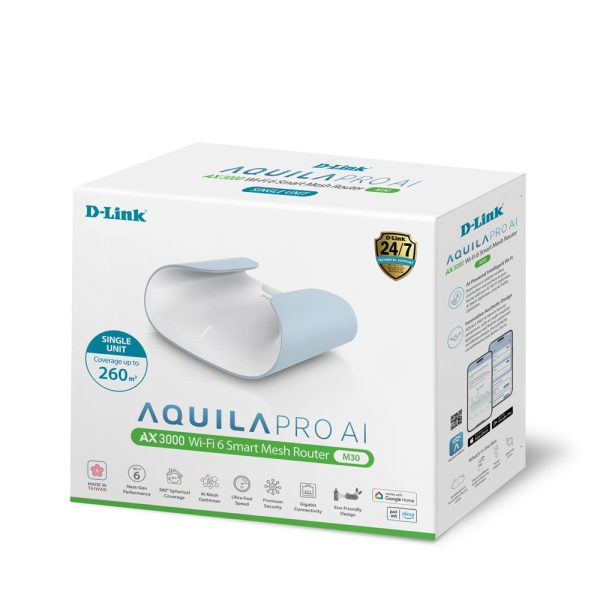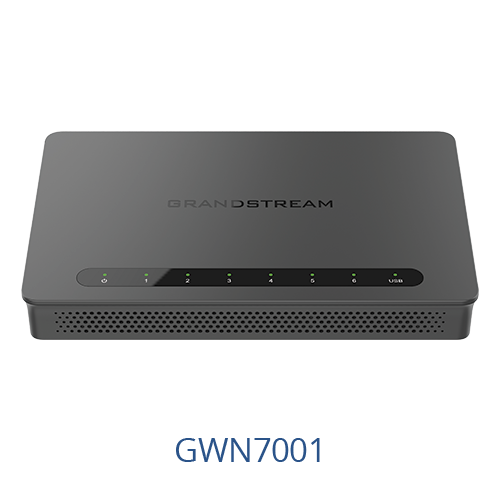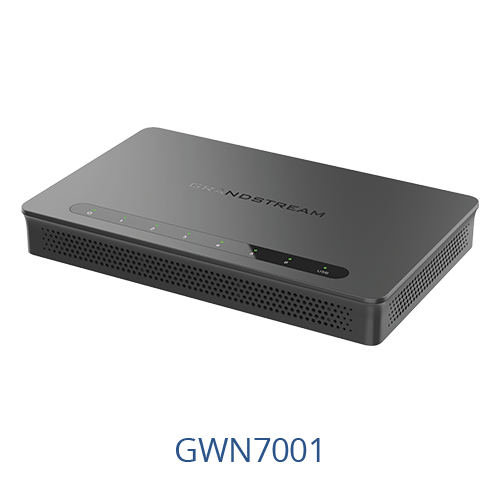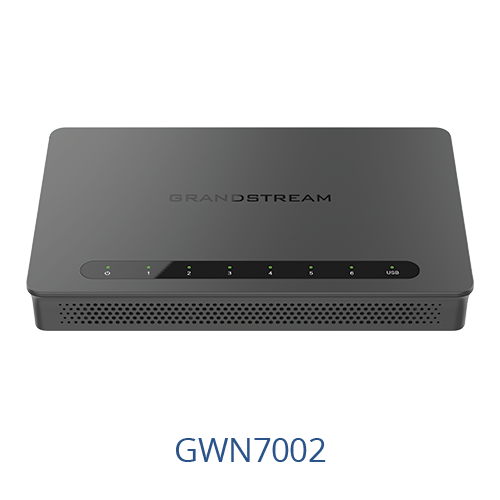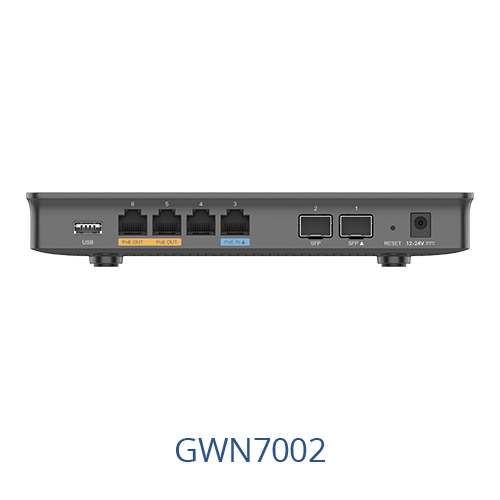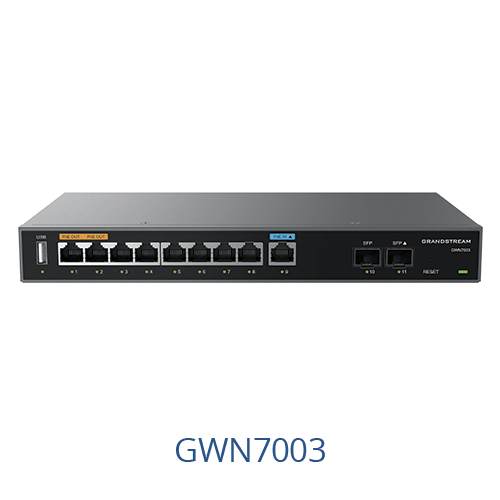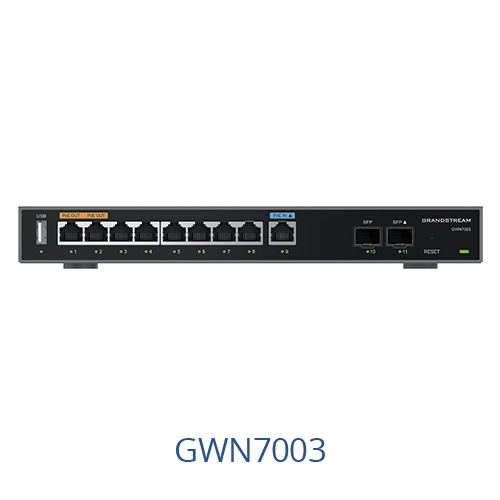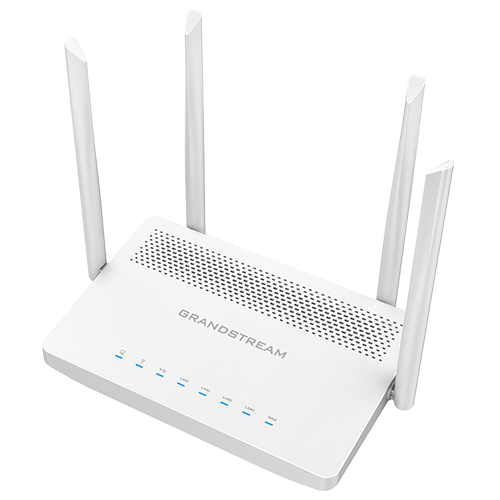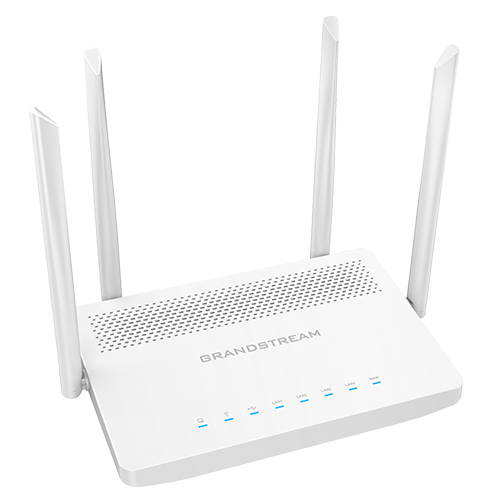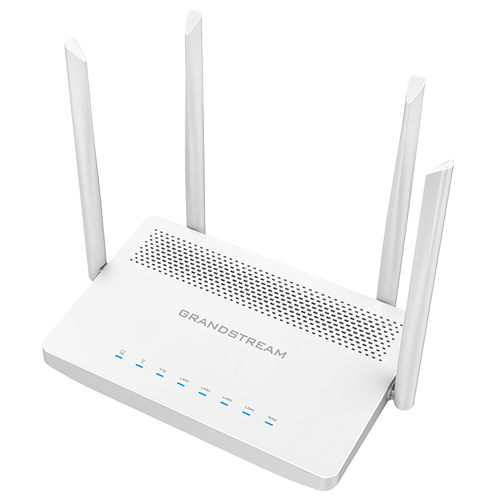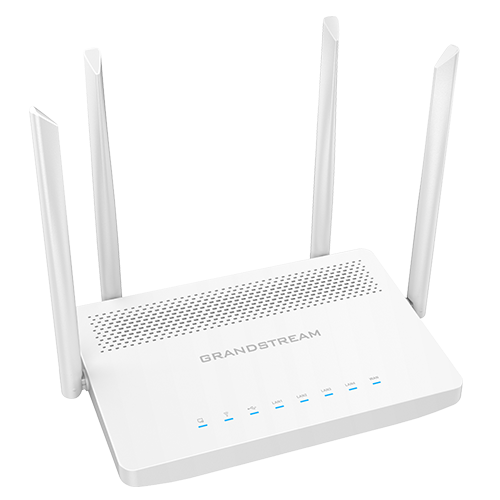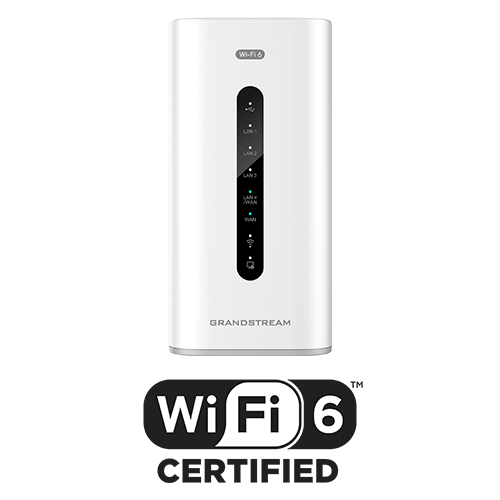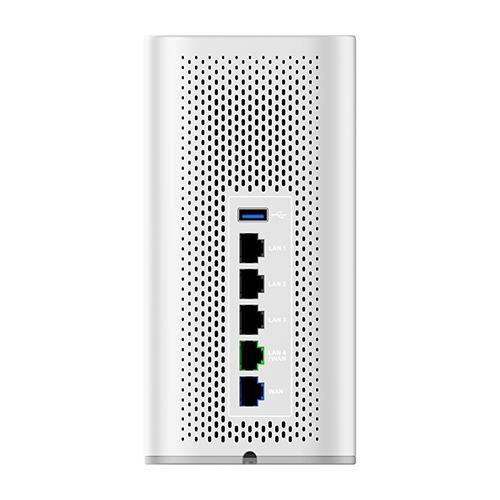Buy best quality routers from top brands TP-Link D-Link Mikrotik Netgear Grandstream Ubiquiti for best rates in India. Choose yours favourite with FGTECH STORE.
Types of Routers: A Comprehensive Overview
Routers are network devices that connect multiple networks and direct data packets to their intended destinations. They play a crucial role in both home and enterprise networks. Here are some common types of routers:
Based on Functionality:
- Wired Routers: These traditional routers connect devices using Ethernet cables. They are often used in home and small office networks.
- Wireless Routers: These routers provide Wi-Fi connectivity, allowing wireless devices like laptops, smartphones, and tablets to connect to the internet.
- VPN Routers: These routers enable secure remote access to networks by creating virtual private networks (VPNs).
- XPON Routers: These routers are specifically designed to work with fiber-to-the-x (FTTx) networks, which use fiber-optic cables to deliver high-speed internet to homes and businesses.
Based on Network Size and Complexity:
- Home Routers: These are consumer-grade routers designed for home networks. They typically offer basic features like Wi-Fi, NAT, and firewall protection.
- Small Office/Home Office (SOHO) Routers: These routers are designed for small businesses and home offices. They offer more advanced features than home routers, such as VPN, QoS, and multiple WAN ports.
- Enterprise Routers: These high-performance routers are used in large-scale networks to handle heavy traffic and provide advanced security features.
Other Specialized Routers:
- Core Routers: These routers form the backbone of large networks, handling high-speed traffic and routing data between different network segments.
- Edge Routers: These routers connect a private network to a public network, such as the internet.
- Virtual Routers: Software-based routers that run on virtual machines or cloud platforms.
Key Factors to Consider When Choosing a Router:
- Speed: The router's processing power and bandwidth capacity.
- Range: The distance the Wi-Fi signal can reach.
- Security: Firewall protection, VPN support, and other security features.
- Features: Additional features like QoS, parental controls, and guest networks.
- Compatibility: Compatibility with your internet service provider and other network devices.
By understanding the different types of routers and their features, you can choose the right router for your specific needs.
TP-Link's Archer series is a popular line of Wi-Fi routers known for their reliability, performance, and user-friendly interface. These routers are designed to cater to a wide range of home and small office needs. Archer C6, Archer AX12, Archer AX23, Archer AX53, Archer AX72 Pro are few such popular models.
A mesh Wi-Fi system is a network that uses multiple interconnected devices to provide seamless Wi-Fi coverage throughout your home or office. Unlike traditional routers that broadcast a single Wi-Fi signal, mesh systems create a network of interconnected nodes that work together to deliver a strong, consistent Wi-Fi signal to every corner.
Key benefits of mesh Wi-Fi:
- Eliminates Wi-Fi dead zones: Mesh systems provide blanket coverage, ensuring a strong signal in every room.
- Seamless roaming: Your devices automatically switch between nodes as you move around, providing uninterrupted connectivity.
- Improved performance: Mesh systems can handle multiple devices and heavy internet traffic without slowing down.
- Easy setup and management: Most mesh systems are easy to set up and manage through a mobile app.


 Access Control
Access Control Smart Sensors And Automation
Smart Sensors And Automation Network Adapters and Accessories
Network Adapters and Accessories PoE Switches
PoE Switches Point To Point Wireless Radio
Point To Point Wireless Radio Routers
Routers
 IP Cameras
IP Cameras Memory Cards
Memory Cards NVR
NVR Smart WiFi Cameras
Smart WiFi Cameras
 Desktop & Laptop RAMs
Desktop & Laptop RAMs Internal and External Hard Drives
Internal and External Hard Drives NAS Storage & Enclosures
NAS Storage & Enclosures SSD and NVMe Drives
SSD and NVMe Drives USB Flash Drives
USB Flash Drives
